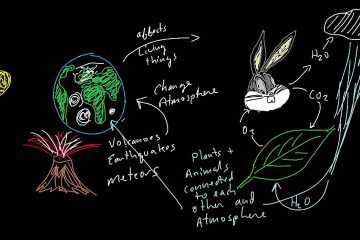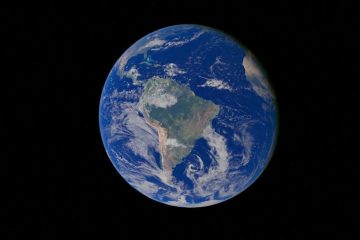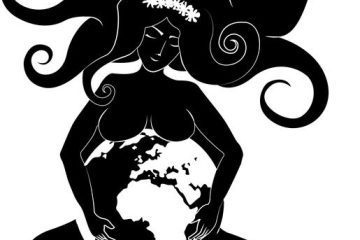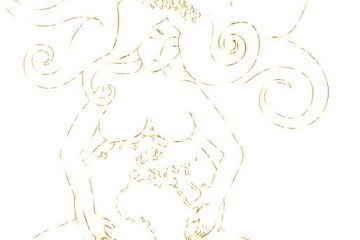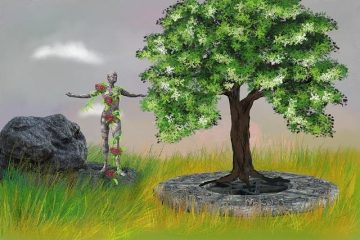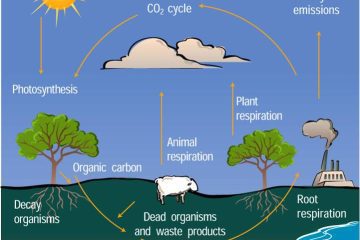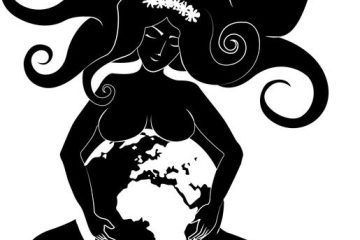Gaia hypothesis
gaia theory example
Gaia Theory posits that Earth functions as a self-regulating, complex system. For instance, the balance of carbon dioxide and oxygen levels illustrates this harmony, where living organisms and their environment coexist in a delicate, dynamic equilibrium.
